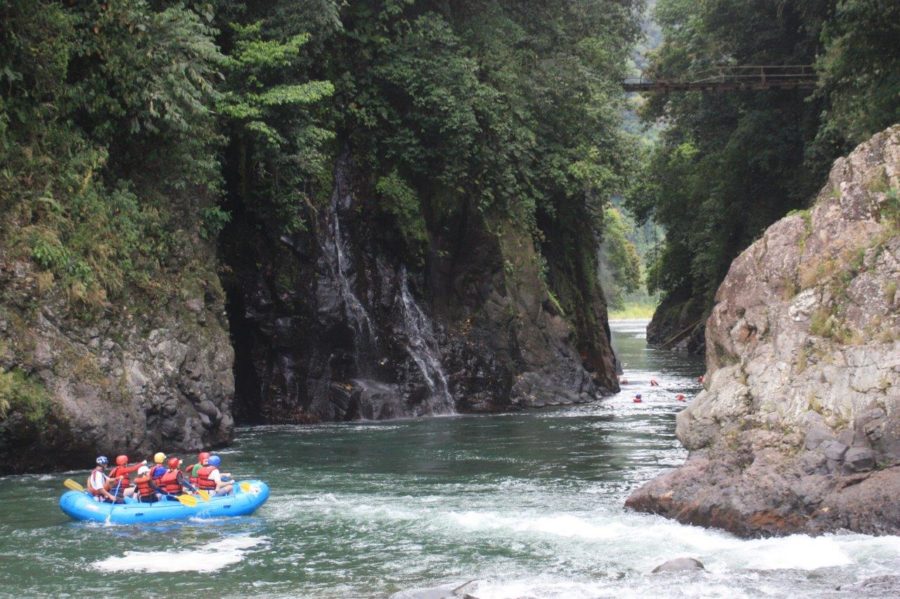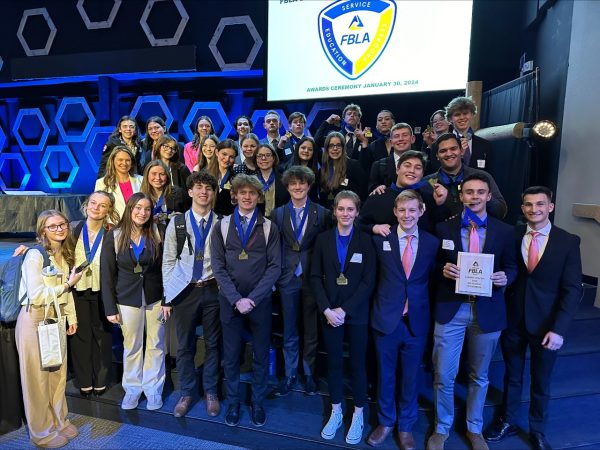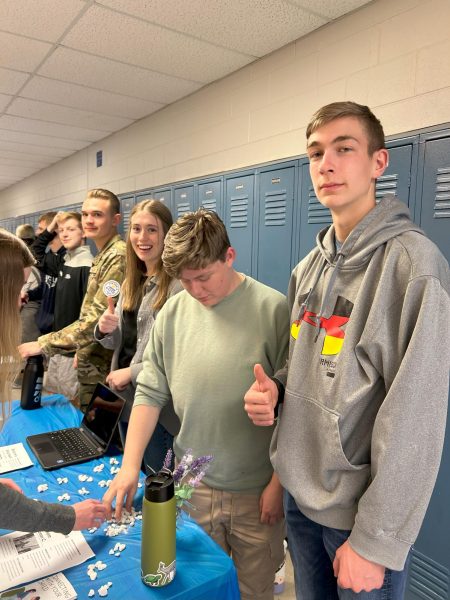Kadets Go To Study Biology in Costa Rica
Costa Rica is a marvelous and beautiful tropical country in Central America with a variety of exotic wildlife. Students who enjoy biology and wildlife may find this trip exciting and well-suited to their interests.
Arranged by Nathan Chisholm, a biology and environmental science teacher at Air Academy High School, the exciting adventure will occur during spring break of 2019 and stretch over nine days. Anyone at high school age or older can attend because the trip is not affiliated with District 20. However, at least six to twenty students must attend.
The expedition will kick off with a night in San José, Costa Rica’s capital city, where dinner will be served and the group will get to know each other. The students will then retire to their home for the next few days- a lodge that overlooks a volcano.
The trip will focus on two primary locations: Tirimbina, a research station in the Costa Rican rain forest where the group will observe the various types of wildlife, and Pacuare, where time will be spent on the beach searching for marine life, primarily leather-back sea turtles. There will also be whitewater rafting at Pacuare.
The base price of the trip is $3200, but possible fundraising could decrease this cost.
“We are still working on [fundraising], the usual things like car washes, bake sales, general work, etc. We still have not crossed the bridge, but I want the students to figure out what they want to do for it,” Chisholm explained.
“Travel is the best antidote for ignorance and bigotry,” he added. Chisholm traveled to Costa Rica once before in 2015; six students attended that trip.
Chisholm wishes to educate children about Costa Rican culture and give them the unique opportunity to see exotic wildlife that can’t be found in Colorado or America. The trip, he says, will increase appreciation for the environment, and provide an incentive to reduce humanity’s carbon footprint to conserve tropical ecosystems.
For more information, contact Chisholm as soon as possible via email or in-class to reserve a spot for what many students see as a once-in-a-lifetime opportunity.

Hello, I'm Peter, just another teenager attempting to get through high school. To be honest, I'm just another naive teenager and am no writing superpower...













